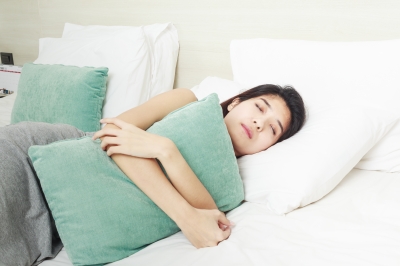People who have high brain activity during the night are more likely to remember their dreams, according to a study. Led by Perrine Ruby, of the Lyon Neuroscience Research Center in France, researchers studied the brain activity of people who were able to recall their dreams and those who could not in hopes of understanding the difference between the two.
For the study, researchers took brain scans of 41 participants while they slept and while they were awake. After analyzing the results, the participants were split into two groups: “high dream recallers” and “low dream recallers.” Of the participants, 21 remembered dreams on an average of 5 mornings a week and were categorized as “high dream recallers”. And 20 participants remembered dreams only 2 mornings a week, being categorized as “low dream recallers.”
Prior research has suggested that “high dream recallers” have twice as many times of wakefulness during the night compared to “low dream recallers” and their brains are more reactive to noise during sleep and wakefulness.
According to a news release from the French National Institute of Health and Medical Research (INSERM), “high dream recallers”, when awake and asleep, showed higher level of activity in the brain’s medial prefrontal cortex and temporo-parietal junction, which is an information-processing hub. Increased brain activity may promote periods of awakening during the night.
“This may explain why high dream recallers are more reactive to environmental stimuli, awaken more during sleep, and thus better encode dreams in memory than low dream recallers,” said Ruby. She noted that the “sleeping brain is not capable of memorizing new information; it needs to awaken to be able to do that.”
Researchers were able to show differences in brain activity between high and low dream recallers during sleep, as well as during wakefulness. “Our results suggest that high and low dream recallers differ in dream memorization, but do not exclude that they also differ in dream production. Indeed, it is possible that high dream recallers produce a larger amount of dreaming than low dream recallers,” concluded the research team.
Resources: http://psychcentral.com/news/2014/02/18/dream-recall-higher-among-light-sleepers/66062.html
http://www.everydayhealth.com/news/you-remember-your-dreams-your-brain-might-more-active/




